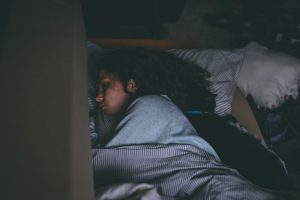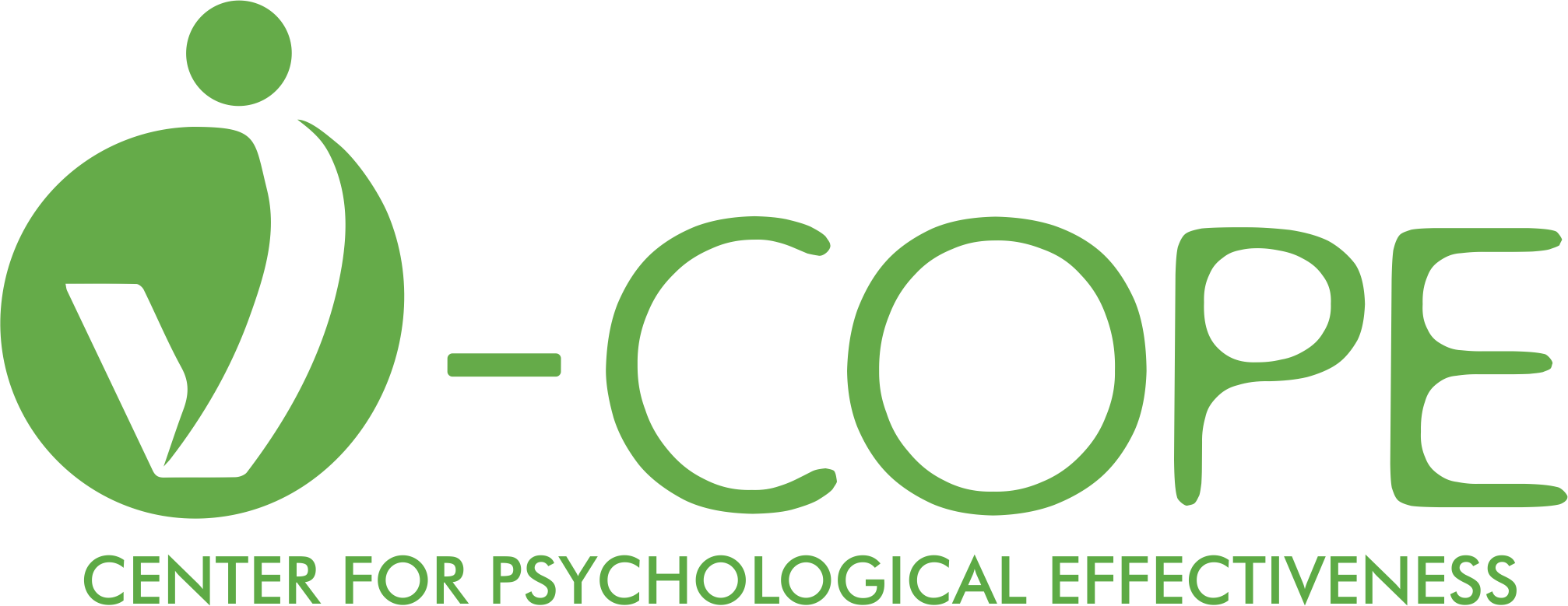Narcolepsy is a condition characterized by
- Cataplexy – Sudden muscle weakness triggered by strong emotions like laughter or anger.
- Excessive Daytime Sleepiness- an uncontrollable urge to sleep.
- Sleep paralysis- Period of inability similar to paralysis which occurs between wakefulness and sleep.
Insomnia disorder – Poor sleep in which people experience inadequate sleep and sleeping difficulties which leads to distress and functional impairment in day to today life.
Hypersomnolence disorder– Excessive sleep during the day or prolonged nighttime sleep. People with this condition may fall asleep during the day at inappropriate times such as at work and school. In addition to this excessive sleepiness, people with hypersomnolence may also experience anxiety, memory problems, loss of appetite, slow thinking, and disorientation upon waking.
Breathing-related sleep disorders are those that involve breathing anomalies including sleep apnea and chronic snoring that can occur during sleep. These breathing problems can result in brief interruptions in sleep that can lead to other problems including insomnia and daytime sleepiness.
Parasomnias involve disorders that feature abnormal behaviors that take place during sleep. Such disorders include sleepwalking, sleep terrors, sleep talking, and sleep eating.
Restless legs syndrome is a neurological condition that involves having uncomfortable sensations in the legs and an irresistible urge to move the legs in order to relieve the sensations. People with this condition may feel tugging, creeping, burning, and crawling sensations in their legs resulting in an excessive movement which then interferes with sleep.
















